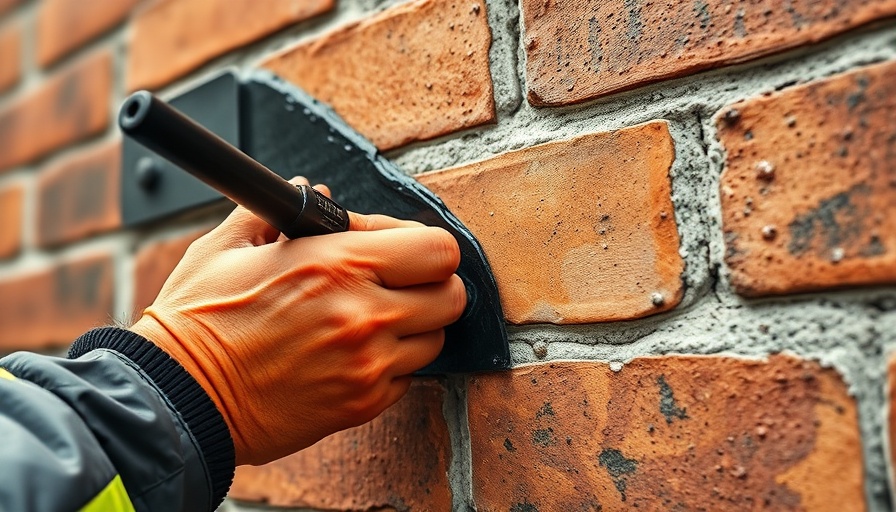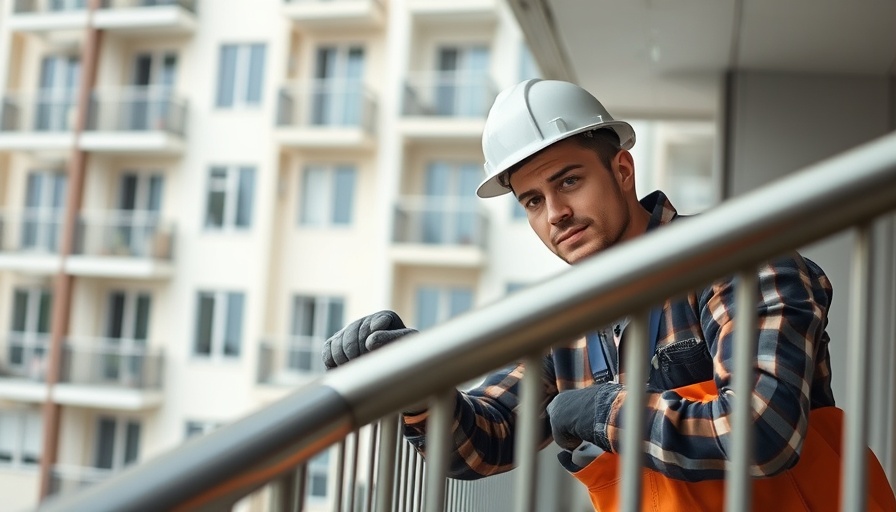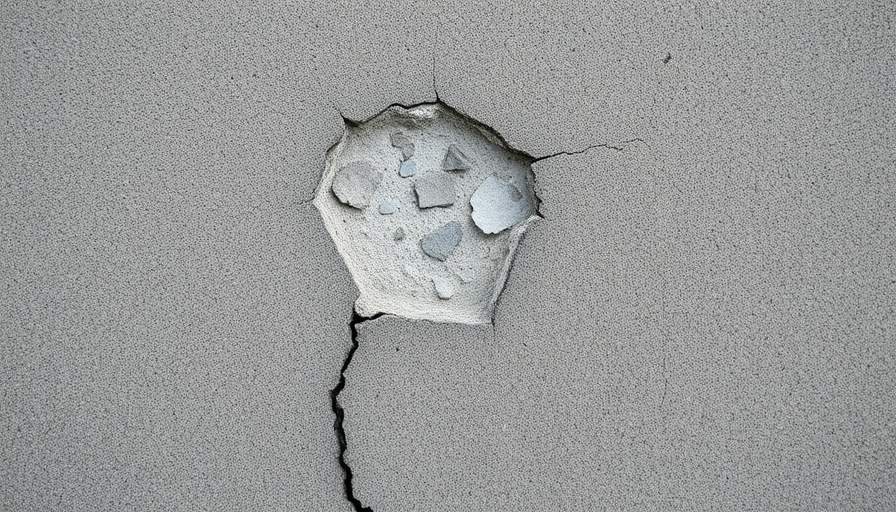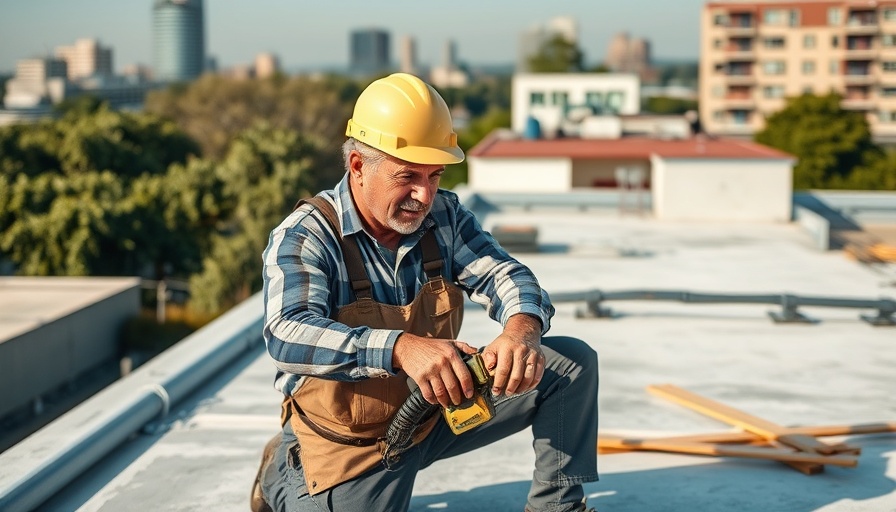
Protect Your Investment: Understanding Waterproofing for Commercial Buildings
Water is a constant adversary to the structural integrity of commercial buildings. For business owners, this reality is especially concerning as it can lead to extensive damage, costly repairs, and unsafe environments. The benefits of waterproofing extend beyond merely preserving a building; they can also enhance energy efficiency and deter pests. As you consider waterproofing for your commercial property, understanding the options available and their importance is essential.
The Importance of Early Intervention
One of the most critical insights regarding waterproofing is the value of early intervention. Similar to general health, addressing small issues before they escalate is key to long-term success. Newly constructed buildings are particularly susceptible to water damage. For example, ensuring comprehensive waterproofing during the construction phase not only prevents future problems but can lead to substantial savings in repair costs later on. Getting a waterproofing expert involved from the start solidifies this approach, allowing for a thorough evaluation and the implementation of appropriate measures right away.
Exploring Waterproofing Solutions
When it comes to waterproofing solutions, business owners have a range of options tailored to their specific needs. For instance, hydrophilic and hydrophobic waterproofing materials serve distinct purposes. Hydrophilic materials react with water and expand to fill gaps, effectively preventing leaks, while hydrophobic coatings create a barrier meant to repel water entirely.
Coating options such as elastomeric waterproof coatings can protect surfaces while also improving the durability of the building. In addition to preventing water from seeping through, these coatings can lower energy costs by providing insulating properties that help maintain a consistent temperature inside — an attractive benefit for commercial buildings that house valuable goods, sensitive equipment, or significant inventory.
Regular Maintenance is Key
Periodic inspections of your waterproofing systems are crucial. Similar to how a car requires regular maintenance to function optimally, waterproofing systems also have a life cycle that necessitates upkeep. Established guidelines suggest that every three to six months, building owners should evaluate the waterproofing system, checking for any signs of wear or deterioration. This proactive approach mitigates potential leaks and damage during storms, protecting tenants and their possessions while avoiding disruptive repairs.
Choosing the Right Waterproofing Professional
The expertise of your waterproofing contractor is vital for the success of the project. A professional skilled in various waterproofing techniques will be able to assess the specific vulnerabilities of your structure and recommend effective, cost-efficient solutions. Business owners should seek professionals with a proven track record in the industry. Companies specializing in dual services such as waterproofing and restoration can save time and costs, effectively integrating both processes for optimal outcomes.
Cost Implications of Poor Waterproofing
The financial implications of neglecting waterproofing are significant. Statistics indicate that the average cost of a water damage claim in the U.S. exceeds $10,000, reinforcing the need for preventive measures. Not only is unaddressed water intrusion damaging physically, but it can also lead to environmental concerns such as mold and mildew growth, which are hazardous to health and may also necessitate further costs for remediation.
Conclusion: A Smart Investment for Business Owners
Ultimately, investing in waterproofing is not just about maintaining the aesthetic appeal of your building; it’s a smart business decision that protects your property, your investment, and those who utilize the spaces within it. For business owners managing properties in areas prone to heavy rainfall and flooding, like St. Simons Island or Jekyll Island, considering comprehensive waterproofing solutions is vital. By doing so, you can ensure a safe, durable environment for tenants and protect your bottom line.
 Add Row
Add Row  Add
Add 




Write A Comment